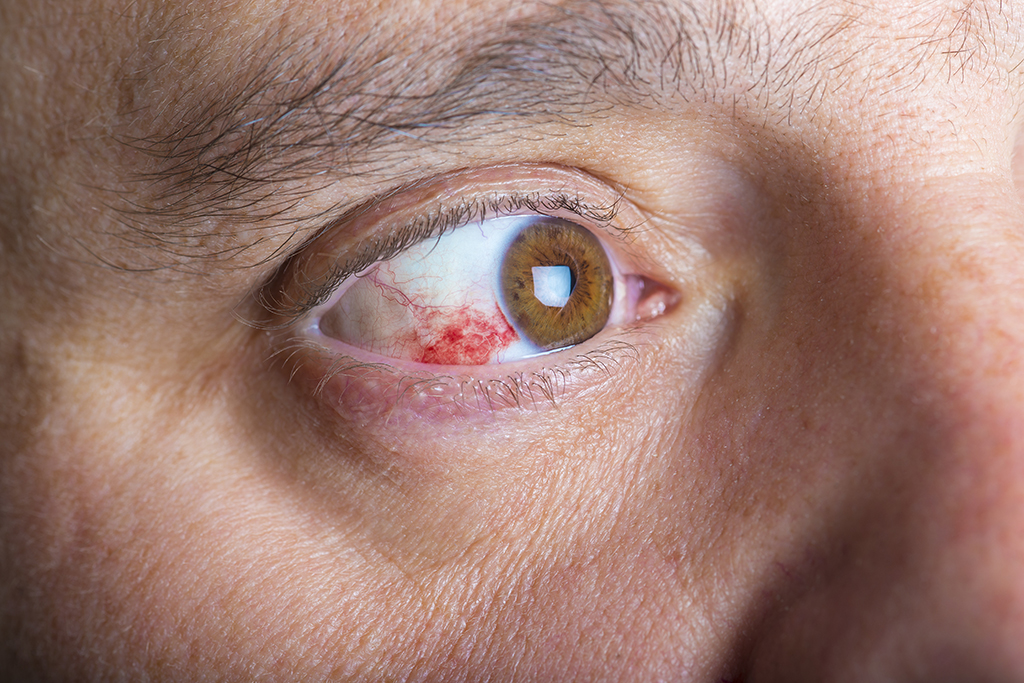Researchers identify the cause of leaking blood vessels in eye diseases
Researchers from SciLifeLab and Uppsala University have discovered a vital step in the process that can lead to leaking blood vessels and harmful swelling in the eyes of patients with certain types of eye conditions. The results, published in eLife, could lead to safer treatment strategies.
Aging and diabetes can cause leaking blood vessels to grow inside the eyes leading to harmful swelling and gradual loss of vision. Existing treatments work by blocking the Vascular Endothelial Growth Factor (VEGF), which contributes to both leakage and growth of new blood vessels. This is a major problem since blocking VEGF prevents leakage but also causes side effects in the form of damage to blood vessels and nerve cells.
“In an earlier investigation we tried to find out if it would be possible to only block the effect of VEGF on blood vessel leakage, without damaging blood vessels and nerve cells”, says first author Ross Smith (UU), in a press release from Uppsala University.
To find out, the researchers investigated exactly how VEGF can cause blood vessels leakage in mice with diseases that mimics aging and diabetes. All the animals had been genetically modified so that they carried mutations in proteins normally affected by VEGF. This way the researchers were able to identify the exact mechanism of how VEGF can cause vessel leakage.
“We injected fluorescent particles into the bloodstream and used a microscope to find out if they ended up inside or outside the vessels. If a mutation was responsible for blocking the leakage, we did not find any of the particles outside”, says Ross Smith.
The experiment demonstrated that the mechanism behind VEGF’s effect on leaking vessels is different than its effect on the formation of new blood vessels.
“Our findings provide information about why the blood vessels leak and how the leakage could be stopped without killing the blood vessels in the process. Based on this knowledge, we have started testing drugs that could selectively block only the leakage step in the process. If it turns out to be an effective approach, it could lead to new treatments that can stop the leakage without the harmful side effects of existing drugs, says Lena Claesson-Welsh (SciLifeLab/UU), who led the study.





